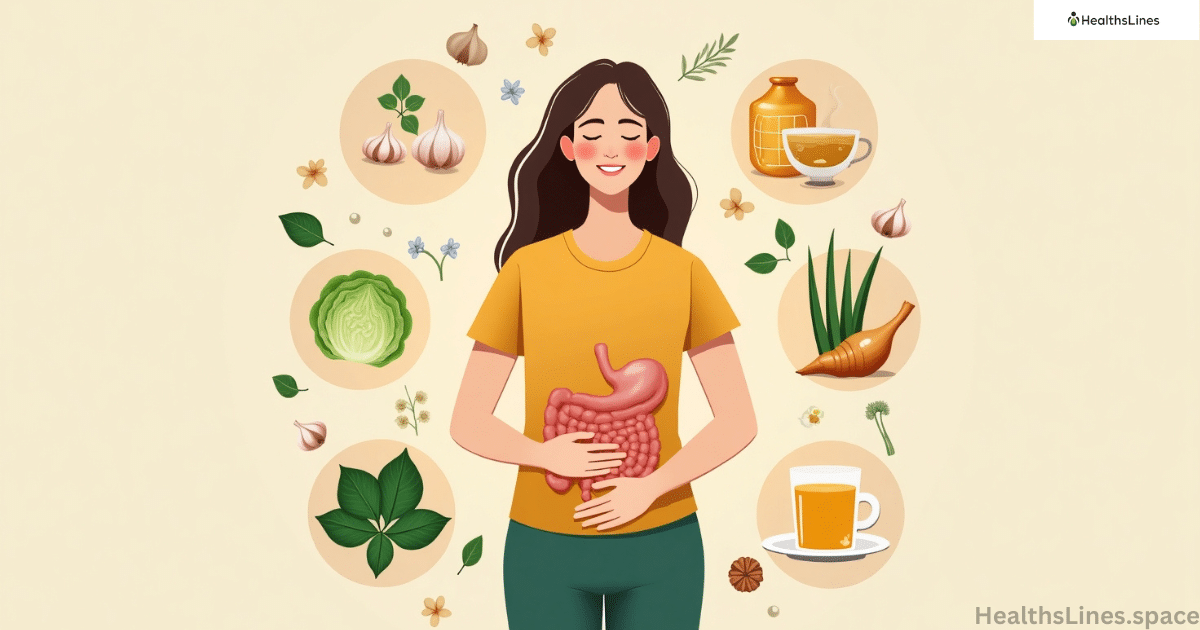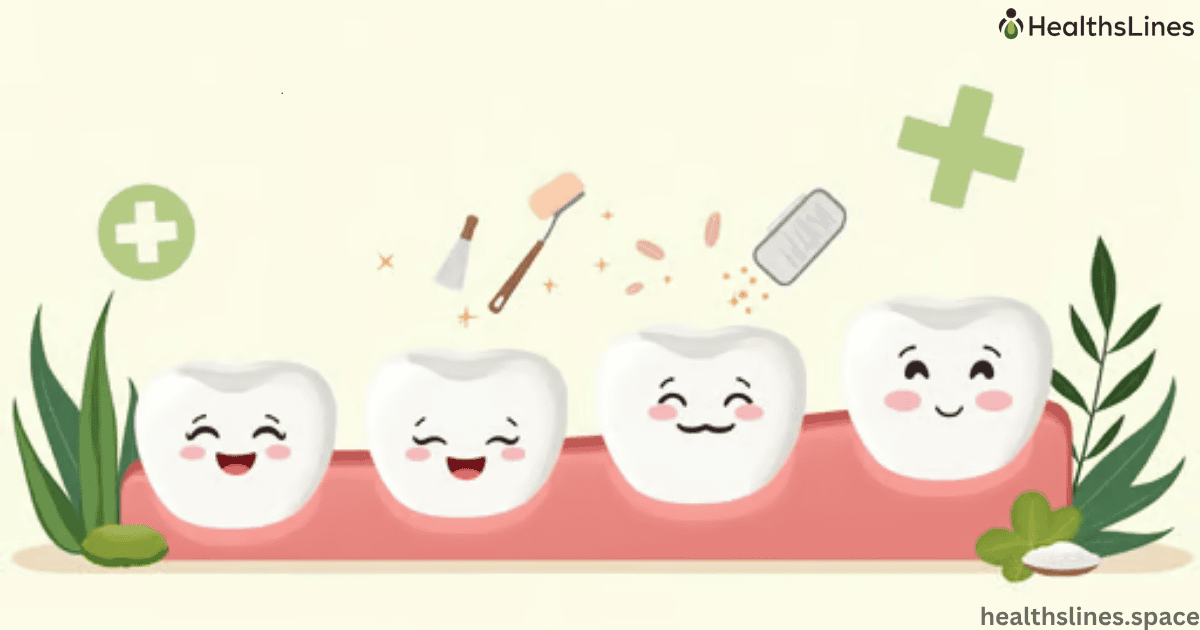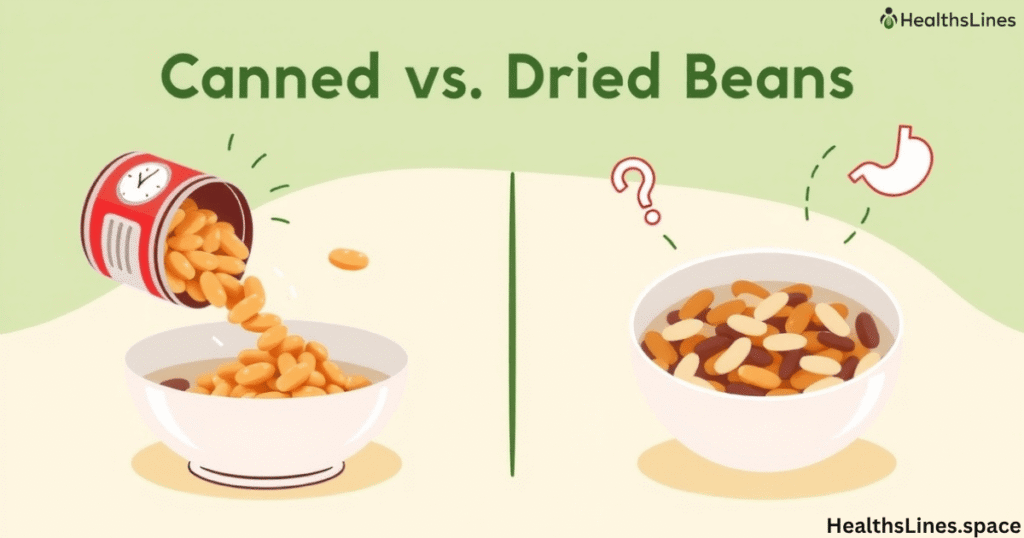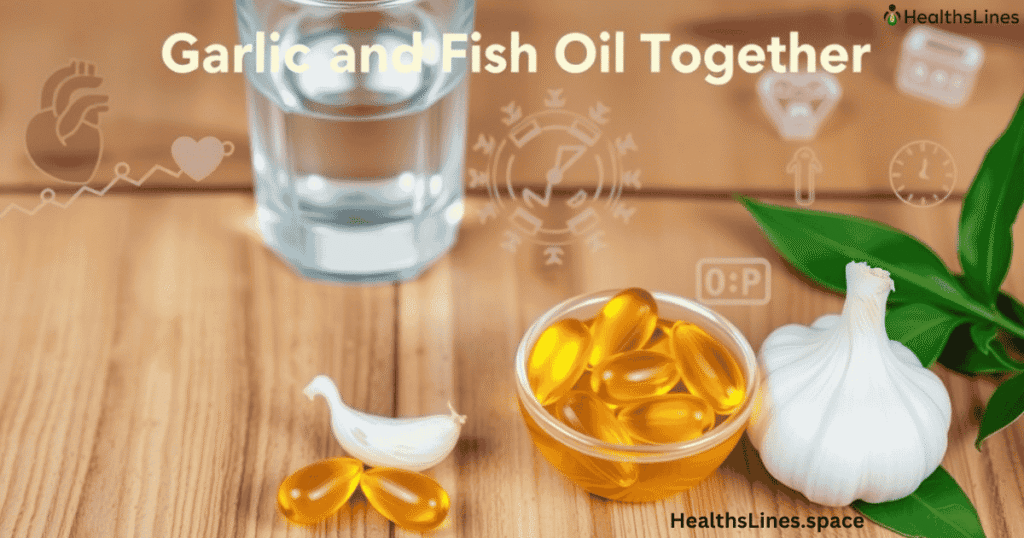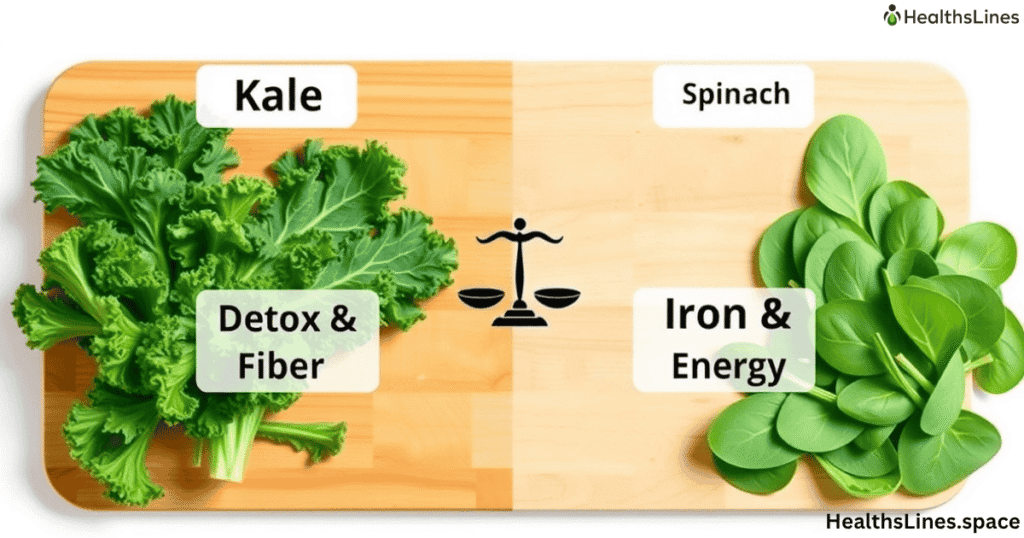Perimenopause is the time before menopause. Your body starts to change. Hormones go up and down. This can cause hot flashes, mood swings, sleep problems, and more. Most women start perimenopause in their 40s, but it can happen earlier Natural Remedies for Perimenopause.
Many women want to feel better in natural ways. You don’t always need medicine. Some herbs, foods, and healthy habits can help. These natural remedies for perimenopause are backed by research and used by real women.
What Is Perimenopause?
Perimenopause means “around menopause.” It’s when your body is getting ready to stop having periods. This time can last for a few months or even a few years. It usually starts in your late 30s or early 40s.
Your hormones, like estrogen, start changing. You may have hot flashes, mood swings, and sleep issues. You might skip periods or bleed more than usual. Some women feel sad, anxious, or very tired. These are all normal signs.
| Common Signs | What It Means |
| Hot flashes | Sudden warm feeling in your body |
| Night sweats | Sweating while you sleep |
| Mood swings | Feel happy, then sad quickly |
| Irregular periods | Skipping or changing cycle dates |
| Trouble sleeping | Can’t fall or stay asleep |
Black Cohosh
Black cohosh is one of the most popular natural remedies for perimenopause. It’s a plant from North America, and its root has been used for centuries to help with women’s health. Many women take it to reduce hot flashes, night sweats, and mood swings. It may work by helping the brain balance temperature and hormones, though it does not act exactly like estrogen. Some studies show that black cohosh can be as helpful as low-dose hormone therapy for mild symptoms. It usually comes as a capsule or tea, and it’s often part of menopause supplements. It’s best to take it for short periods, about six months at a time. Side effects are rare but may include stomach upset or headache. Always check with a doctor before starting it—especially if you have liver problems. Overall, it’s a safe and widely trusted herb for easing the rough parts of perimenopause.
Red Clover
Red clover is a flowering plant that’s often used to help with perimenopause symptoms. It contains phytoestrogens, which are natural plant compounds that act like weak forms of estrogen in the body. This makes red clover useful for women who are going through hormone changes. It may reduce hot flashes, night sweats, and even improve skin dryness. Some women also say it helps with anxiety and irritability, two common symptoms during perimenopause. Red clover is usually taken as a pill, tea, or extract. It’s easy to add to your daily routine. Studies on its effects are mixed, but many women say they feel better after taking it for several weeks. It’s important to avoid high doses, especially if you have hormone-sensitive conditions like breast cancer. As with any supplement, talk to a doctor before starting. When used properly, red clover can be a gentle, natural way to support hormonal balance.
Flaxseed
Flaxseed is a small, brown or golden seed that’s packed with health benefits, especially for women in perimenopause. It’s rich in omega-3 fatty acids, fiber, and lignans—plant compounds that act like phytoestrogens. These lignans can help balance estrogen levels naturally, which may ease hot flashes, mood changes, and vaginal dryness. Flaxseed also supports digestive health and helps lower inflammation, which is important as hormone levels drop. To get the full benefit, it’s best to eat ground flaxseed instead of whole seeds, since your body can digest it more easily. You can mix it into smoothies, yogurt, or oatmeal. Some women notice better energy, more regular periods, and less bloating after using it regularly. Because it’s a food, flaxseed is very safe, but if you have a hormone-sensitive condition, check with your doctor first.
Maca Root
Maca root is a natural plant that grows high in the Andes mountains of Peru. It has been used for hundreds of years to boost energy, mood, and hormone balance. For women going through perimenopause, maca is often used to fight fatigue, low libido, and mood swings. It doesn’t contain hormones, but it may help your body produce and balance its own. Many women feel more stable, focused, and less anxious after taking maca for a few weeks. You can find it in powder or capsule form. The powder has a slightly sweet, nutty flavor and can be added to smoothies or oatmeal. Maca is also known to support thyroid and adrenal health, which play a big role in how your body handles stress during hormonal shifts. Most women tolerate maca well, but it’s best to start with a small dose and see how your body responds.
Vitamin D and Calcium

During perimenopause, bones can become weak. You need vitamin D and calcium to keep bones strong. Vitamin D helps your body use calcium.
You get vitamin D from sunlight, fish, and eggs. Most women need 600–800 IU a day. For calcium, eat milk, cheese, tofu, and leafy greens. Adults need 1,000 to 1,200 mg daily.
| Nutrient | Sources | Daily Need |
| Vitamin D | Sunlight, fish, eggs | 600–800 IU |
| Calcium | Milk, kale, tofu, almonds | 1,000–1,200 mg |
Soy Foods
Soy foods are a simple and natural way to help manage perimenopause symptoms. They contains isoflavones, which are a type of phytoestrogen. These plant-based compounds act like weak estrogen in the body. This makes them useful for easing hot flashes, night sweats, and even improving bone health during perimenopause. Eating soy may also support heart health and help with mood swings, since it gently balances hormone levels without strong side effects. Common soy foods include tofu, soy milk, edamame, and tempeh. These are easy to add to meals and offer high-quality plant protein. Studies show that women who eat more soy may have fewer menopause symptoms, especially in Asian cultures where soy is eaten daily. However, if you have a hormone-sensitive condition, talk to your doctor before making big diet changes. For most women, adding soy foods is a safe, natural way to support the body during perimenopause.
Exercise and Movement
Exercise and movement are some of the best natural ways to feel better during perimenopause. When hormones shift, many women feel tired, gain weight, or become moody. Regular movement helps balance your body and mind. It boosts blood flow, improves sleep, and supports better mood by increasing “feel-good” chemicals in the brain, like serotonin. You don’t need a hard workout. Simple things like walking, yoga, dancing, or stretching can help a lot. These activities lower stress, ease joint pain, and keep your body strong. Exercise also helps you manage your weight, which often becomes harder during perimenopause due to slower metabolism. Moving your body every day—even for just 20 minutes—can help reduce hot flashes, support your heart, and improve your sleep quality. Over time, it also helps protect your bones and lowers your risk of chronic illness. Exercise and movement keep your body balanced as hormones naturally change.
Mindfulness and Meditation
Mindfulness means being calm and focused on the present. It helps with stress, mood, and sleep. You can try deep breathing, walking, or sitting quietly.
Even 10 minutes a day can make you feel better. One study found women who meditated had fewer hot flashes and slept better. It’s easy and free.
Ashwagandha
Ashwagandha is a well-known herb in Ayurvedic medicine. It’s often used to lower stress, improve sleep, and support overall hormone balance. During perimenopause, many women feel anxious, tired, or unable to relax. This is where ashwagandha can help. It supports the adrenal glands, which are responsible for managing stress hormones like cortisol. When cortisol stays high for too long, it can affect your mood, weight, and even your periods. Ashwagandha works gently to calm the body and mind, helping reduce anxiety, improve focus, and support more restful sleep. Some women also find it helps ease brain fog and emotional ups and downs. It comes in capsules, powders, or teas and is often safe for daily use. While not a direct source of estrogen, it helps your body respond better to hormonal changes. Adding ashwagandha to your routine is a natural way to feel more grounded and balanced during perimenopause.
Healthy Fats and a Balanced Diet

What you eat matters. Your hormones need healthy fats like those in nuts, seeds, fish, and olive oil. Avoid fried foods, sugar, and junk food Natural Remedies for Perimenopause.
Eat fruits, vegetables, and whole grains. Drink plenty of water. A good diet helps with hot flashes, mood, and sleep. It also helps you stay at a healthy weight.
Quote from a Doctor
“Women don’t have to suffer during perimenopause. Many natural remedies offer real help with fewer side effects.” — Dr. Laura Moore
Real-Life Story: Sarah’s Experience
Sarah is 44 and works as a teacher. She started having hot flashes and feeling tired. She didn’t want to take medicine. So she began eating flaxseeds, drinking soy milk, and walking each day.
She also started meditating. After six weeks, she felt calmer. She slept better and had fewer hot flashes. Sarah is happy she found a natural way that worked for her.
Final Thoughts
Perimenopause brings changes. But it doesn’t have to be hard. Natural remedies for perimenopause can help you feel better. Try herbs like black cohosh, foods like flaxseed, and habits like exercise and meditation.
Talk to your doctor before taking any new herbs or supplements. Each body is different. With time, support, and the right care, you can feel strong and well during this new stage of life.




